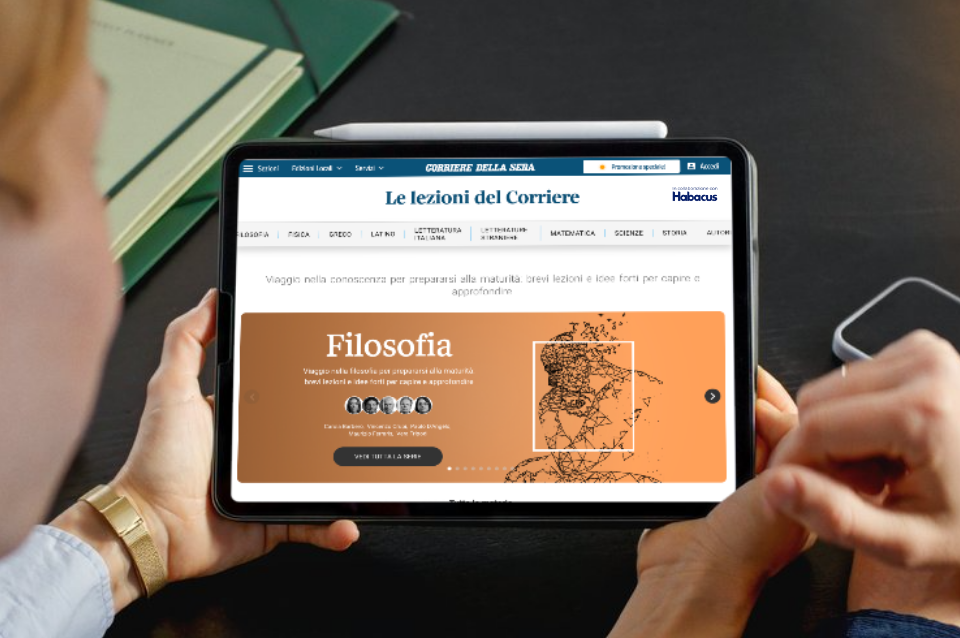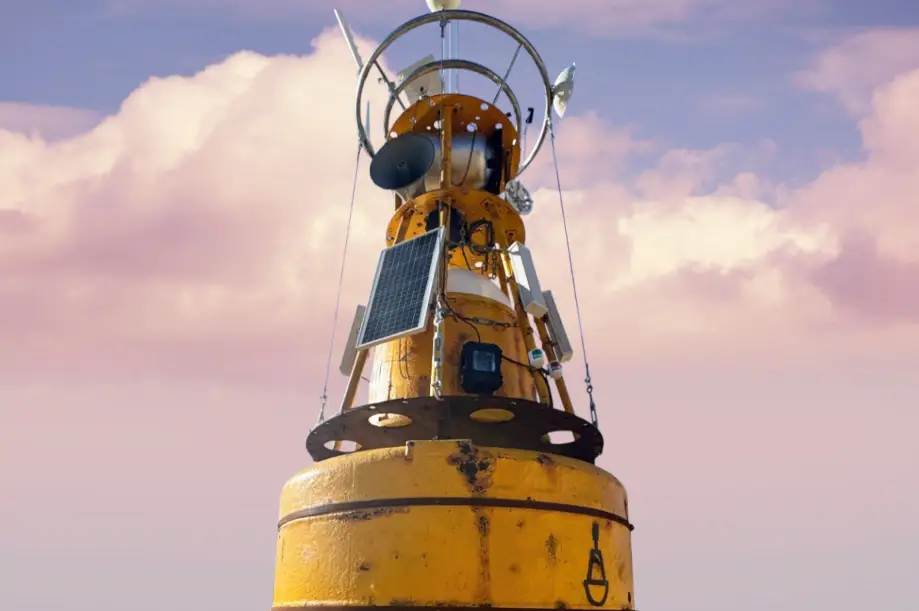PhD in Italy: complete 2025 guide for international student
The PhD (Doctorate of Research) is the highest level of university education in Italy and represents a valuable opportunity to deepen your expertise in a specific field. It is an advanced training program characterized by independent research, often conducted in collaboration with academic institutions and private companies.
But how does it work exactly? What are the career prospects after a PhD? Here is a complete guide 🚀
INDEX:
- Duration and structure of the PhD program
- Is a PhD a good career investment?
- Career opportunities after a PhD
- The importance of research experience abroad
- How and when to apply for a PhD?
- Funding your PhD with a student loan
1. Duration and structure of the PhD program
A PhD program in Italy typically lasts 3 to 4 years and is funded through a scholarship. During this period, PhD candidates engage in research, attend conferences and workshops, and, in some cases, undertake teaching activities.
How much does a PhD student earn?
The average monthly net stipend for PhD students is around €1,200, though it can vary depending on the university and additional funding from external institutions or research projects.
For research stays abroad, the stipend can increase by approximately 50% to cover travel and living expenses. However, it’s important to note that PhD students must pay their own social security contributions, and no unemployment benefits are provided at the end of the program.
2. Is a PhD a good career investment?
Although a PhD is not technically considered a job but rather a postgraduate training program, it provides highly specialized skills that can enhance career opportunities.
According to recent Almalaurea data, the employment rate of PhD graduates five years after obtaining their degreeis around 90%, though job stability varies by discipline:
🎓 Around 45% continue working in academia, often through research grants or fixed-term contracts.
💼 55% find employment in the private sector or in non-university research institutions, often with higher salariesthan those who only hold a master’s degree.
3. Career opportunities after a PhD
A PhD is not only a prerequisite for an academic career, but it also holds significant value in the private sector. More and more companies seek PhD holders for high-level positions in various fields:
- Research & Development (R&D): Industries, especially in pharmaceuticals, engineering, and technology, require experts with advanced skills to develop innovative products and solutions.
- Big Data & Artificial Intelligence: With the growing importance of data analysis, PhD holders in statistics, computer science, and mathematics are in high demand in consulting firms and tech companies.
- Finance & Strategic Consulting: The analytical and problem-solving skills acquired during a PhD are increasingly valued in finance and business management.
- Biotechnology & Medical Sciences: Life sciences companies invest in highly qualified researchers to develop new therapies and medical technologies.
📈 The fastest-growing fields include artificial intelligence, engineering, biotechnology, and economics, where research expertise provides a significant competitive advantage.
4. The importance of research experience abroad
Many PhD programs encourage or even require international research experiences, often in collaboration with leading academic institutions ✈️
Italian universities have partnerships with top research centers in the USA, UK, Germany, France, and Japan, offering PhD candidates growth and networking opportunities. These experiences allow students to:
- Expand their scientific expertise and work with international research methodologies.
- Build a global network of contacts, essential for those pursuing academic careers or positions in multinational companies.
- Improve career prospects, particularly outside Italy, where a PhD degree is often more highly valued.
5. How and when to apply for a PhD?
When are PhD calls for applications published?
PhD calls for applications are usually published once a year, between May and July, with selection processes taking place during summer and autumn 🗓️
Where to find PhD calls?
The main sources for PhD opportunities include:
👉🏼 The official websites of universities (under the “PhD Programs” section).
👉🏼 The Official Gazette (4th Special Series – Competitions and Exams).
👉🏼 The “Reclutamento PA” portal, used for public selection processes in Italy.
👉🏼 EURAXESS, a European platform listing PhD opportunities and research positions.
The start date of the PhD program varies by university but is generally between October and January.
Eligibility Requirements
To apply for a PhD in Italy, you must hold a master’s degree (or an equivalent qualification recognized in Italy).
If you earned your degree abroad, you would need to request formal recognition from the university to which you are applying.
Some universities allow applications from students who have not yet completed their master’s degree, provided that they graduate before the PhD program starts.
6. Funding your PhD abroad with a student loan
In addition to scholarships, abroad PhD programs can also be funded through Fondo per lo Studio, providing greater flexibility in covering university and research expenses.
Habacus offers an evaluation test to determine the student loan options available to you.
🔎 Find out what student loan you qualify for:
Take the testA PhD is a highly specialized and intellectually rewarding journey that opens doors in both academia and industry. While it does not guarantee immediate job stability, it offers advanced expertise and international networking opportunities that can be crucial for long-term career success.
If your goal is to contribute to research and develop advanced knowledge in your field, a PhD can be a valuable investment in your future. Plan ahead, keep an eye on application deadlines, and explore the funding opportunities available to support your studies.
News in evidence

Fondo per lo Studio: how it works and how to apply for a loan
4 January 2026

University loans in Italy: what they are and how they work
7 January 2026

Fondo per lo Studio: current rules and new updates
1 January 2026

Student loan: for which universities and educational programs is it available?
4 September 2025

Student loan: what it is, how it works, and why it could be your solution
4 September 2025

Habacus, credit broker: a new player in Italy’s student loan market
3 September 2025

How to pay for university with the “Fondo per lo Studio”
25 August 2025

How to pay for university for your son or daughter: a practical guide for parents
26 June 2025

Lezioni del Corriere & Habacus: a shared vision
18 June 2025

IRS + Spread: a simple guide to student loans
13 May 2025

Habacus Supports The Tide at the 2025 Venice Architecture Biennale: an installation merging art, artificial intelligence, and the voices of new generations
9 May 2025

Habacus at “Credito e Finanza 2025”: advancing student loans and the digital transformation
2 April 2025
